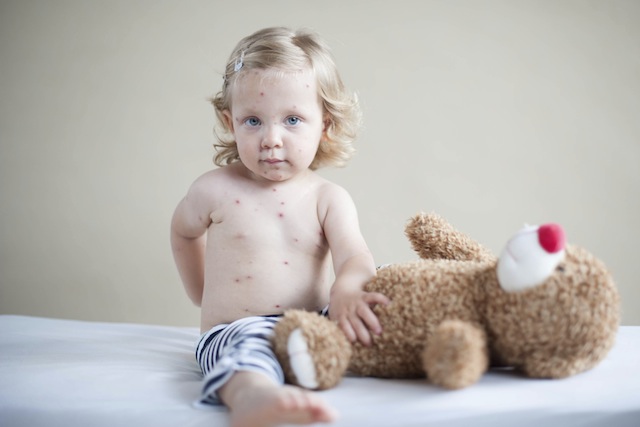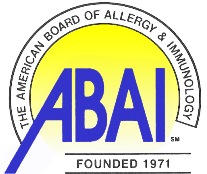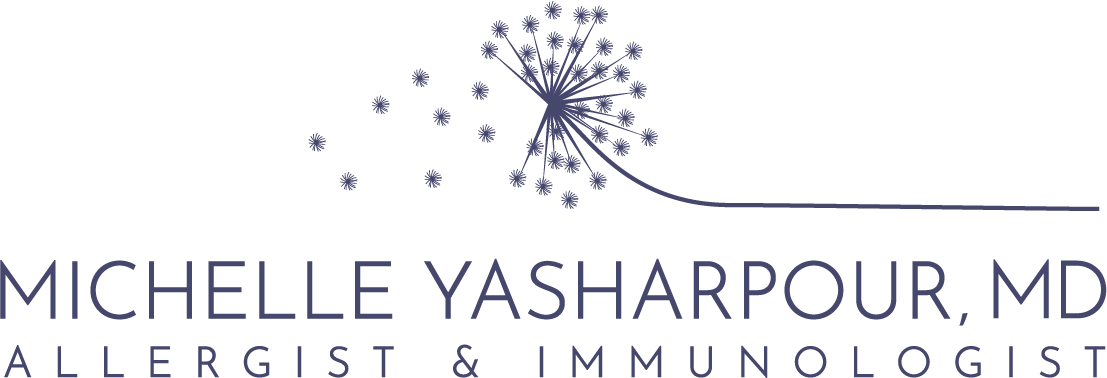What We Treat: Our Beverly Hills Allergy and Immunology Services
Dr. Michelle Yasharpour, MD is a Board-Certified Allergist and Immunologist for Children and AdultsWe Help the Patient, Not Just the Symptoms
Allergies
Dr. Michelle Yasharpour, MD is trusted by thousands of patients who suffer from allergies in Los Angeles. As a board-certified allergist and immunologist, she will help you through the entire process of diagnosing and treating your allergies.
Did you know as many as 55% of Americans test positive for one or more allergens?
These allergies may affect your life in obvious ways, such as by causing watery eyes when hiking or serious reactions after eating certain foods. They may also go undiagnosed for years, causing inexplicable fatigue, gastrointestinal issues, or even migraines
Children and babies are especially prone to undiagnosed allergies, leading to perpetually runny noses, irritated skin and persistent coughs.
Whether you already know you have allergies, and are looking for an expert to manage your care, or you’re in the early stages of diagnosing your family’s allergies and need help getting answers, Dr. Yasharpour is here to help.
Asthma
Los Angeles asthma doctors are in high demand: 1 in 11 children and 1 in 14 adults suffer from asthma in our city.
For some, asthma is a minor inconvenience. For others it can be a life-threatening condition. Where you are on the spectrum can improve significantly with the right doctor managing your care.
Allergies and asthma are often linked: half of Americans with asthma have allergic asthma, a type of asthma triggered by an allergy. If you have asthma, you may have undiagnosed allergies that are affecting your quality of life!
Unfortunately, more than half of children and one-third of adults miss school or work because of asthma. Proper care and management of your asthma can reduce or eliminate missed school and work.
If you are newly diagnosed with asthma, or looking for a better treatment plan for yourself or your children, contact Dr. Michelle Yasharpour, MD for a consultation today.
Eczema, Dermatitis
Eczema refers to several different skin conditions, often characterized by dry, itchy, red rashes. About 10% of children will develop eczema. These rashes often begin in infancy, but can pop up at any time.
There are many types of eczema, including:
- Atopic dermatitis, causing itchy, dry, scaly skin.
- Hand dermatitis, an outbreak on the fingers and webbing between fingers
- Contact dermatitis, a reaction to coming into contact with triggering substances such as certain detergents
- Seborrheic dermatitis, known as “Cradle Cap” in babies, characterized by redness, itching, and dry and flaking skin
- Nummular eczema, distinct, coin-shaped oval skin sores
Treating eczema is not just about finding the perfect ointment or skin treatment, although these can help. An expert allergist and immunologist like Dr. Michelle Yasharpour, MD can help diagnose the underlying cause of your eczema.
Knowing the root of the problem can help you avoid these triggers to reduce or eliminate flare-ups in the future — and of course, Dr. Yasharpour can provide prescriptions for ointments or other medications to help reduce itching and speed healing when your eczema does flare up.
The Allergic March: Eczema, Allergies, Hay Fever and Asthma
Most experts recommend that young children with moderate to severe eczema be evaluated for milk, egg, peanut, wheat, and soy allergies.
Are you surprised to hear that these conditions are so closely linked? You’re not alone.
Many pediatricians are hesitant to refer patients to an allergist, even after parents complain of persistent eczema in their infants, often followed by early signs of food intolerances.
Urticaria, Hives
Urticaria, better known as hives, affects 1 in 5 people at some point in their lives.
Hives are raised, itchy, and either red or skin-colored. You may break out in hives for many reasons, such as after coming into contact with a certain food, medication, or plant. Some people break out in hives after blood transfusions, bacterial infections, or viral infections.
For many people, hives are triggered or worsened by emotional stress.
Dr. Michelle Yasharpour, MD will help you determine what triggers your hives, and may recommend medications and remedies to help stop itching and reduce the severity of your symptoms.
Immunology
These are hundreds of disorders of the immune system that occur when one or more parts of the immune system do not work correctly.
Immune system issues can cause repeated infections such as bronchitis, ear infections, pneumonia or other ailments.
A compromised immune system may also make you more susceptible to everyday infections such as the common cold.
Some primary physicians may continuously treat the symptoms of your immunodeficiency without treating the underlying cause. If you suffer from immunodeficiency, you will benefit from the care of an immunologist like Dr. Michelle Yasharpour, MD, to help treat and prevent recurring infections and improve your quality of life.



More Conditions We Treat
- Hay Fever (Allergic Rhinitis)
- Nonallergic Rhinitis
- Anaphylaxis
- Angioedema
- Chronic or Recurrent Sinusitis
Hay fever is like the cold that never ends: runny nose, itchy eyes, congestion, sneezing and sinus pressure. Unlike a cold, which is caused by a virus, hay fever is caused by an allergic response to outdoor or indoor allergens, such as tree pollen, dust mites, or mold.
If allergy medications aren’t controlling your symptoms, or you’re bothered by the side effects, visit Dr. Michelle Yasharpour, MD and see how we may help!
Don’t be fooled — although this form of rhinitis is technically nonallergic, it is still often triggered by external factors including certain foods, beverages, medications, weather changes or environmental pollutants.
Dr. Yasharpour can help diagnose and treat your nonallergic rhinitis.
Accurate diagnosis and treatment of allergies is essential to avoiding anaphylactic reactions. Only a board-certified allergist and immunologist such as Dr. Yasharpour should manage the treatment plan of a child or adult with a history or risk of anaphylaxis.
Like hives, angioedema may be caused by an allergic reaction.
Dr. Yasharpour can help you identify your allergic triggers to prevent angioedema episodes in the future. However, some patients’ angioedema is triggered after infections or by autoimmune disorders such as lupus, leukemia, and lymphoma.
Even if you can’t always avoid your angioedema triggers, Dr. Yasharpour can help prescribe medications to relieve your symptoms.
Chronic sinusitis is characterized by sinus inflammation lasting 8 weeks or longer. Recurrent sinusitis refers to a patient who experiences several attacks within a year.
If you suffer from sinusitis, you may experience facial pain and pressure, nasal stuffiness, nasal discharge, loss of smell, and cough/congestion. Some patients also experience fever, bad breath, fatigue, and dental pain.
Identifying and avoiding your sinusitis triggers is the first step in managing your chronic or recurrent sinusitis.

Learn More About Dr. Michelle Yasharpour, MD
Trust your family’s care to an expert. Read Dr. Yasharpour’s biography, learn more about her credentials and check out her testimonials from happy patients and parents.
She is proud to be a board-certified allergist and immunologist for both children and adults.

